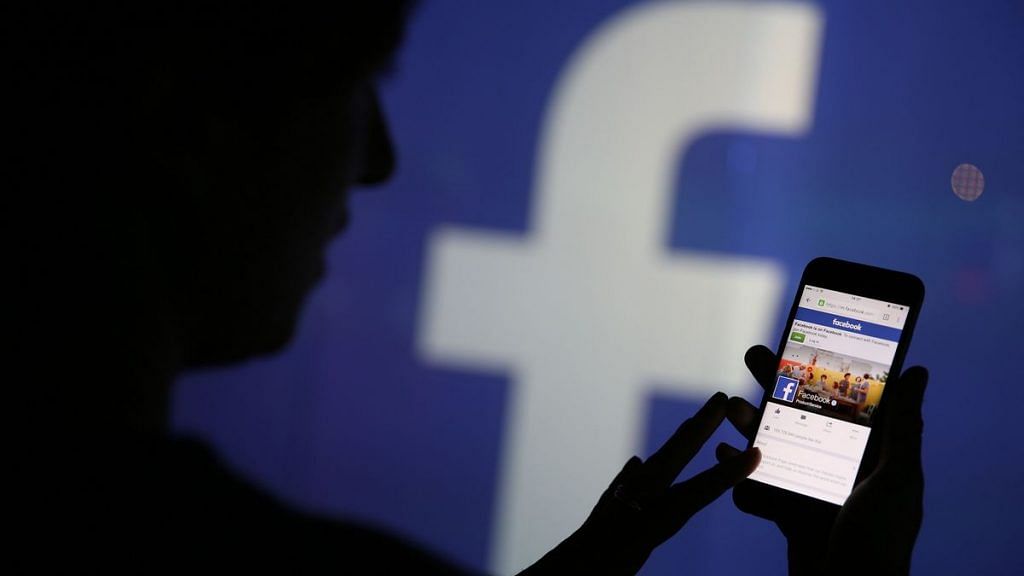In the midst of the coronavirus pandemic, the French parliament has passed a law that makes it mandatory for social media and technology companies such as Twitter, Facebook, and Google to remove hateful content within 24 hours of being flagged by users. If the content pertains to terrorism and child pornography, it must be removed “within one hour”. Failure to comply could end in these companies facing fines of up to $1.36 million.
It is time India does something similar. I suggest this knowing fully well that such a law is prone to misuse. Governments in India could use it to throttle free speech, censor unfavourable content, and stifle rightful dissent. At the very least, most law enforcement agencies have stopped functioning independently and now work instead like an extension of the Bharatiya Janata Party (BJP), which is in power at the Centre and in many states.
But while these are legitimate concerns, there is also a grudging acknowledgment that a law against hate speech and communal content is absolutely necessary in these sharply polarised times.
Also read: BJP MP shares old video of Muslims offering namaz, Delhi Police say verify before posting
Firms won’t act, need a law
In their carefully crafted agenda to divide India on communal lines, the hate-mongers, often part of a shadowy IT cell of one or the other political party, use social media to spew venom against members of the minority communities or, when it suits their agenda, against the majority community.
And expecting the social media firms to do a clean-up on their own will probably remain a dream.
If the self-regulation was strong, a 31-year-old man wouldn’t have been able to run several fake accounts on Facebook for years, posing as a woman and posting bigoted comments aimed at dividing Hindu and Muslim communities. It’s the same with Facebook-owned WhatsApp, which won’t crack down on hate videos, including those related to mob lynching, many of which are edited to disturb peace.
The reason is simple: Hate and bigotry run deep in Indian society and have a huge audience, which means more money for these companies. Also, fake news or a video clip targeting minorities generates lakhs of views and shares on Facebook and Twitter but fact-checking reports debunking them find fewer audiences.
For far too long, the internet biggies have been making billions by ignoring the unscrupulous elements using their platforms to weaken India’s social fabric. It’s time to pull the plug on this endless profiteering from hate.
Also read: Facebook apologises for its role in Sri Lanka’s 2018 anti-Muslim riots
How can it be done?
Section 79 of the Information Technology (IT) Act exempts intermediaries like Google, Facebook, YouTube and Twitter from liability in most circumstances, including if the intermediary did not put out the content and had observed due diligence while discharging duties under the Act.
This way, the tech giants are allowed to get away without even a rap on the knuckles, notwithstanding the fact that the material posted on their platform may have resulted in communal riots or deaths.
But these companies can be held liable for any unwarranted content if, despite adequate notice, it is not removed within 36 hours from their servers. At a time when everyone with a smartphone, from bureaucrats and politicians to a common person, is a self-styled ‘news broadcaster’ happily spreading (mis)information, 36 hours is like a decade. The duration would ensure the damage is already done.
Most of these tech companies claim to have put in place in-house systems to check the misuse of their platforms, but the so-called checks and balances are often found lacking in their speed of response.
In 2018, the Narendra Modi government announced that it was planning to amend Section 79 of the IT Act and make it mandatory for internet companies to take down content deemed inappropriate by authorities and also trace and report within 72 hours of the origin of that content. But after concerns over privacy, the plan was dropped.
Also read: Will the Facebook ‘Supreme Court’ make FB and Instagram a safer place?
Identifying the source
Anonymity, which is enjoyed by users of social media platforms, is one of the main reasons the unscrupulous elements among them are able to get away with virtually everything.
But these companies should now be asked to follow the post office model, where they know the source of an offending message, just like we know about our letters and parcels.
Also, with an unchecked rise in hate mongering and abuse, mostly from shadowy supporters and workers of India’s mainstream political parties, the victim should have the right to know the identity of the person who started the vicious campaign against her/him.
One way to ensure that the central and state governments don’t misuse a law against hate speech is by having strict guidelines such as allowing only the victims to get a formal response from the intermediary about the point and source of origin of the hate message or fake video targeting them.
A former National Cyber Security Coordinator in the Prime Minister’s Office had told tech giants and senior government functionaries a few years ago that one way to check offending messages, particularly hate speech and communally sensitive material, from being uploaded on social media could be for these sites to find a way to weed out anonymous users.
His suggestion went unheeded. It is time for someone to make the tech giants either find a fair, transparent way to do this or start paying for vitiating the atmosphere. Otherwise, fake news or malicious content on social media will continue to divide India society while politicians reap the benefits of this division.
The author is a senior journalist. Views are personal.
